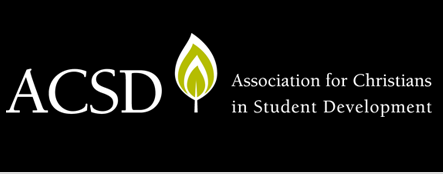Home > Other Collections > ACSD > Growth > No. 19 (2020)
Abstract
The landscape of higher education is rapidly evolving. The amenities arms race is in full swing as institutions vie for student attention, choice, and dollars. The very competition that wins institutions their best and brightest, and affords institutional survival, bolsters a consumer mindset amongst students that undermines the learner-centered values institutions exist to espouse. Current cultural and societal norms, along with the actions of institutions themselves—treating students as customers—have unsurprisingly left students and higher education professionals facing a new challenge: determining how to helpfully engage consumer-minded students to help them become better learners. This paper explores one approach—utilizing the language of faith—that emerged as an answer to this question within a larger study. Further, this paper discusses and explores the implications of this claim—within the consumer-learner paradox—for higher education professionals, specifically those working at faith-based institutions.
Recommended Citation
Martin, Jessica
(2020)
"In the Business of Learning: Faithful Consumerism,"
Growth: The Journal of the Association for Christians in Student Development: Vol. 19:
No.
19, Article 2.
Available at:
https://pillars.taylor.edu/acsd_growth/vol19/iss19/2
Included in
Educational Assessment, Evaluation, and Research Commons, Educational Leadership Commons, Higher Education Commons, Higher Education Administration Commons, Teacher Education and Professional Development Commons

